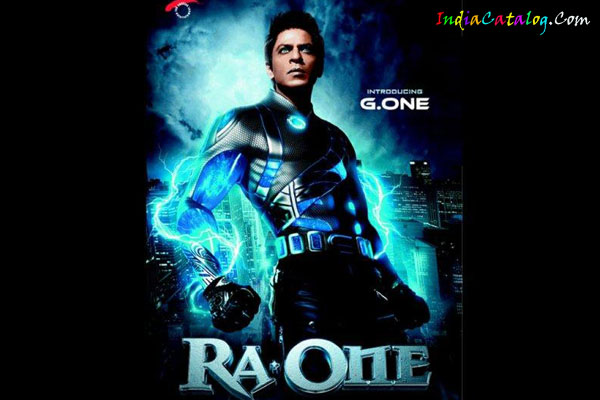Modi's $1-bn loan to Nepal aims to counter Chinese influence
.jpg)
Prime Minister Narendra Modi might have won many hearts in Nepal when he announced India’s offer to provide a $1-billion concessional loan to that country amid thundering applause, but the objective of the Indian government is to lessen the increasing influence of China over the Himalayan nation.
The whopping credit line of $1-billion or Nepali rupee 10,000 crore is expected to be utilised in several developmental projects that Nepal wants to undertake in future, such as building power plants, roads and dams.
According to a joint statement issued here on Monday by the ministry of external affairs (MEA), as PM concluded his two-day visit to Nepal, the soft credit line was announced for execution of infrastructure development and energy projects as identified and prioritised by the government of Nepal.
Meanwhile, PM's Facebook page stated: “India role is not to interfere in Nepal but to support Nepal in its development. Nepal should scale new heights of progress."
The credit line will be disbursed through the EXIM Bank of India, although the MEA is yet to notify this to the ministry of finance, which will then give the directive to the bank to release the loan. India had offered a credit line of $250 million to Nepal in 2011 and $100 million in 2007.
This was the first ever visit by an Indian PM to Nepal in the last 17 years. Indian leaders have only visited Kathmandu for attending regional and international summits.
“India has neglected Nepal long enough. The Chinese have been increasing their presence there, especially in the energy sector, and that is a concern for India. It was crucial for the new government to take on Nepal. The PM’s visit will help forge ties and lessen China’s grip,” a senior official, who looks after South Asian policies, told Business Standard.
Though India and Nepal share a strong bilateral relationship and open borders with Nepal, Chinese influence in the country has grown at a blistering pace over the past decade. While India offered its regular assistance to Nepal, Chinese entrenchment in that country grew by leaps and bounds. It is involved in building bridges, highways, ports and mega power plants in Nepal.
There are concerns that if given a chance, India might start controlling Nepal’s vast resources, as India grapples with rising demand for energy. However, several Indian projects in Nepal have got stalled. One such project was GMR’s hydropower project that was signed in 2008. Modi was given a grand welcome that reverberated across the entire region. He embrace one and all there, in an effort to portray that India is and always will be by the side of Nepal when it comes to help them in achieving economic goals.
Addressing the Nepal Constituent Assembly on Sunday, Modi said he wants to “HIT Nepal” in an allegorical reference to ‘H’ for Highways, ‘I’ for IT and ‘T’ for Transmission Lines. At present, India is Nepal’s largest trade partner, constituting 66 per cent of that country’s total foreign trade.
However, the main purpose of the visit — which was to sign the much-awaited Power Trading Agreement — remained unfulfilled. India and Nepal had been negotiating a power deal that has got mired in several differences.
Nepal has the potential to generate 43,000 Mw of hydropower which India wants to tap to meet its growing energy security needs. This might be get signed during PM’s next visit to Nepal, likely in November. At present, Nepal has an installed capacity of a dismal 700 Mw.
During the visit of Minister of External Affairs Sushma Swaraj, India sought to revive the India-Nepal Joint Commission after a gap of 23 years. This is a high-level mechanism for having a comprehensive review of Indo-Nepal ties.
“Under lines of credit, several road and transmission line projects are going on. The Joint Commission reviewed our ongoing assistance projects and agreed to ensure speedy implementation of existing economic assistance programmes, as well as examine new proposals,” Swaraj had told the Rajya Sabha last week.

.webp)
.webp)
.webp)
.webp)
.webp)
.webp)
.webp)
.webp)
.webp)
.webp)













